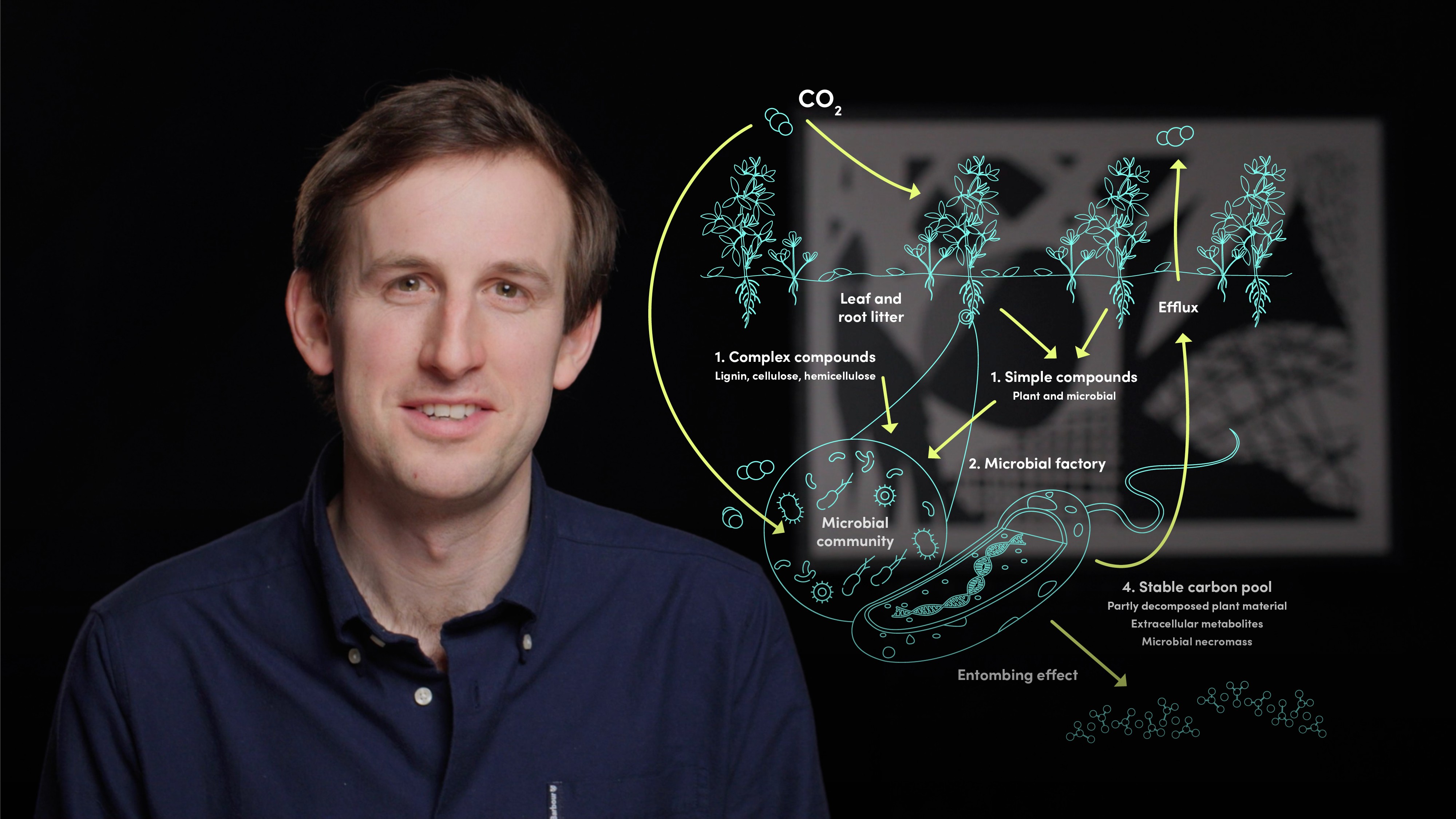
Challenges for Sustainable Agriculture and Farming

Oliver Knight
15 years: Agricultural specialist
We now know how to transition to sustainable farming and agricultural practices. But what are the pitfalls we should avoid? Oliver Knight is here with the answers in the final video of this pathway.
We now know how to transition to sustainable farming and agricultural practices. But what are the pitfalls we should avoid? Oliver Knight is here with the answers in the final video of this pathway.

Challenges for Sustainable Agriculture and Farming
5 mins 33 secs
Key learning objectives:
Learn the challenges of sustainable farming
Understand the risks associated with each challenge
Overview:
Transitioning to sustainable farming looks easy on paper - but there are some complications involved in moving from intensive to organic farming, including time. The challenges include: trying to tailor to the local system, lack of measurement tools, lack of understanding on soil, the unintended consequences of trade connectivity, and finally, the risk to rural and developing communities.
What are some of the challenges to sustainable farming?
1. Tailor to local system
Practices must also be tailored to the local system - one size cannot fit all. Variations increase across countries with different climates, growing seasons, pests, diseases and crop varieties.
2. Measurement
Baselines and measurement tools are not common practice and we don’t even have many of the tools yet. Whole-farm carbon audits vary dramatically in their outputs.
3. Dealing with complex ecosystems
All monitoring is attempting to measure or model highly complex, balanced ecosystems, which contain multiple feedback loops and subterranean interactions that we don’t fully understand.
4. Understanding soil
Our understanding of soil and soil organic matter is limited, as is our ability to monitor full carbon fluxes through a system. Reliable, scalable monitoring is a key component for verifying carbon offset programmes.
5. End-to-end emissions
Truly managing emissions requires an understanding of full, end-to-end emissions through the food system. Turning off local production to import produce from overseas can simply result in importing more carbon emissions or water pollution from elsewhere.
6. Trade connectivity
We need to be wary of connectivity with such interlinked global trade - changing standards at one end of the trade will have impacts on other countries from changing buying habits or standards. Rapid unplanned changes as preferences change can have multi-year economic impacts.

Oliver Knight
There are no available Videos from "Oliver Knight"

